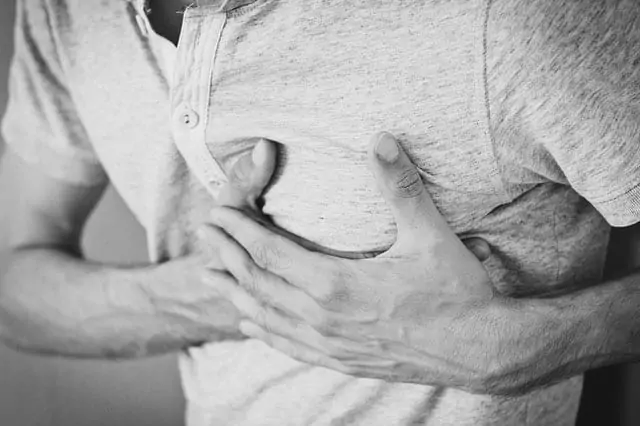Austin, TX 78737

Acid reflux is a condition that originates in the stomach, but that doesn’t mean it can’t affect other parts of the body. In fact, acid reflux is one of many whole-body problems that concern your dentist in Austin because of the negative way it can impact your oral health. Let’s take a closer look at what acid reflux is, how it affects your teeth, and what you can do to reduce these side effects.
Acid Reflux: 101
Our stomachs naturally produce acids to help break down food and aid in digestion. But when these acids find their way up into the esophagus and into the mouth, there can be quite a few unwanted side effects. First, acid reflux sufferers often complain of a burning sensation in the chest, also known as heartburn. This uncomfortable feeling can be painful and come along with a sour taste in your mouth, excessive burping, or a sore throat. Next, acid reflux can cause damage to teeth, oftentimes without the person ever knowing it.
What Does Acid Reflux Do To Teeth?
There’s a reason why your dentist in Austin cautions patients against eating or drinking anything acidic too often. Basically, acid is bad for teeth, and stomach acid is no different. When stomach acid creeps its way up into the mouth, it can easily wear down tooth enamel, also called tooth erosion. Without this protective layer of strong enamel, teeth are put at increased risk for decay, cavities, sensitive teeth, and discoloration. And that’s not all. Once erosion occurs, you can’t get enamel back. Your dentist will need to look at your specific case and find the best way to fix tooth erosion for you. Some treatments may include:
Reduce Your Risk
Thanks to advancements in medications, acid reflux can often be treated with daily medication. However, your dentist and your physician or gastroenterologist may also recommend additional precautions such as:
Even though we recommend that everyone visits the dentist at least twice a year, it’s even more important for those with acid reflux. Since acid reflux can cause tooth damage without any signs or symptoms, your dentist in Austin should keep a close eye on your oral health so any potential problems are caught and treated early.